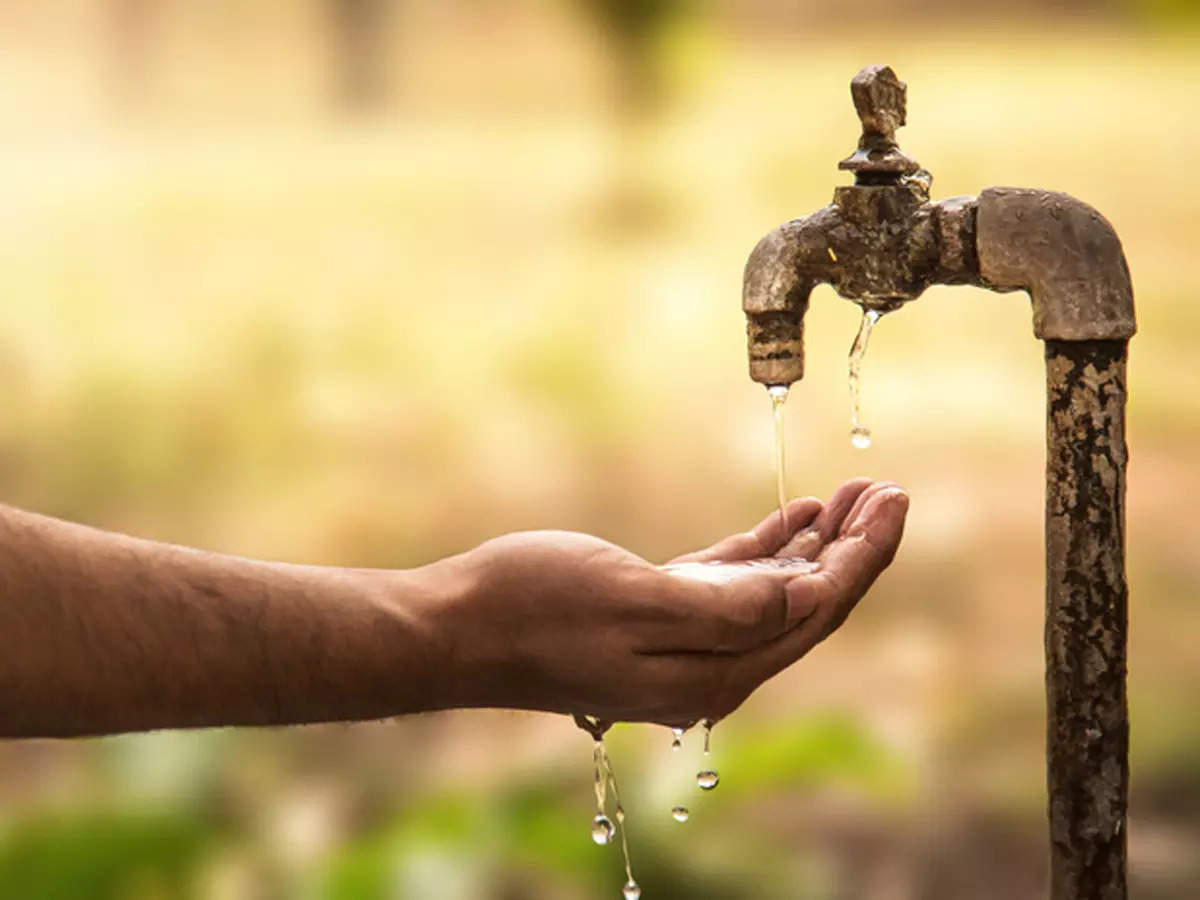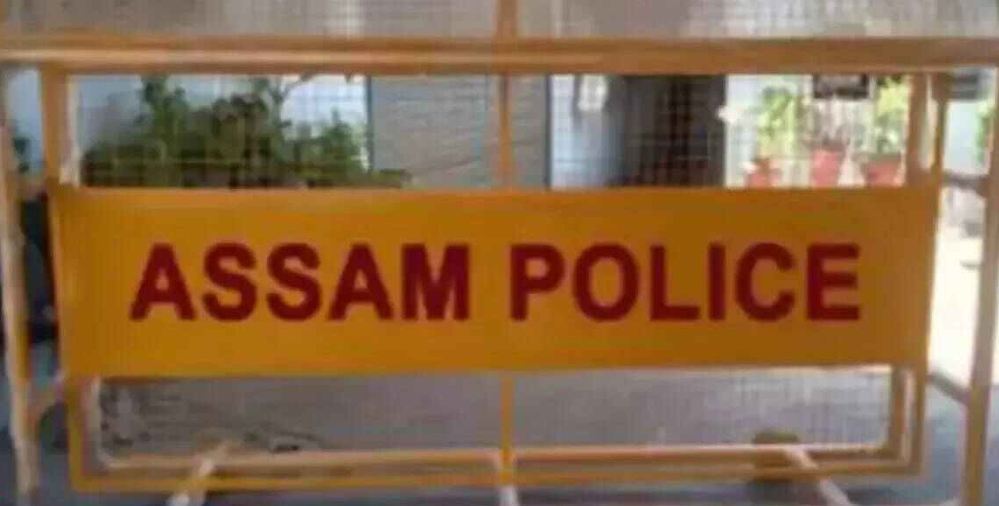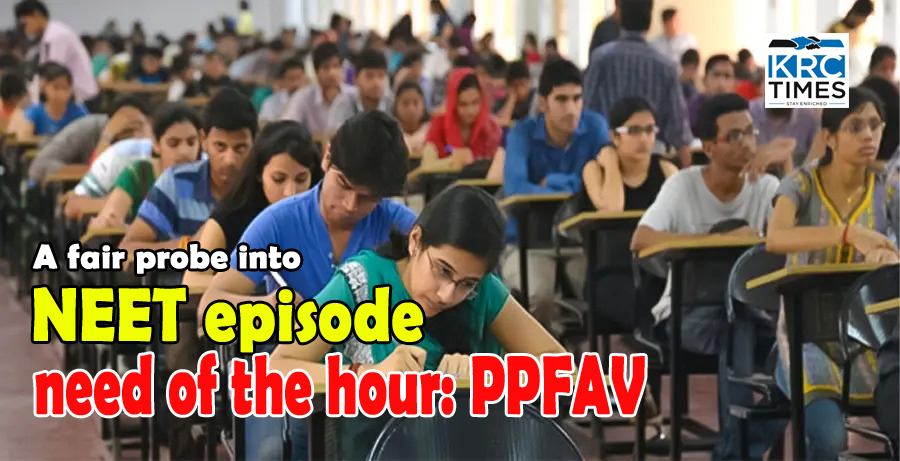This decision addresses the challenges posed by the outdated and frequently failing municipal water supply system
 KRC TIMES Assam Bureau
KRC TIMES Assam Bureau

Guwahati : After a detailed review of Assam’s Guwahati Jal Board’s work, state Housing and Urban Affairs Minister Ashok Singhal on Monday (July 22) announced that the Assam government will provide water to more than 1,25,000 households in Guwahati by the end of this year.
In a phased rollout, 15,000, 27,000 and 35,000 new households will receive water in September, October and November, respectively, through the Japan International Cooperation Agency (JICA)-assisted projects.
Singhal disclosed these plans during a press conference at Janata Bhawan, following an extensive review meeting with the Guwahati Jal Board. The meeting was attended by the departmental officers, engineers, project consultants and contractors involved in the Greater Guwahati Water Supply Scheme.
The minister provided directives to all parties to ensure timely execution. He revealed that the Guwahati Jal Board is currently ready to supply water to 47,660 households, with 24,631 households already receiving water, and the remaining households will be supplied upon application.
By September this year, the Ramchahil and Amianagar water reservoirs will be ready to supply water to 14,891 households in the following areas – Nabagraha Hill, Nizarapar, Silpukhuri, GNB Road, Hedayatpur, Ramsahill, MG Road, Raj Bhawan, Noonmati-Kharghuli Road, Borthakur Clinic, Bonkonwar Nagar, AT Road, Sati Joymoti Road, Satribari Bilpar, Tokobari, Kumarpara, KRC Road, Athgaon, Bishnupur, Latasil, among others.
In October, water will be supplied to additional areas, including Nayanpur, Downtown, Duwarka Nagar, Chachal, Junaki Path, Rupkonwar Path, Indrapur, Krishna Nagar, Zakir Hussain Road, VIP Road, Six Mile, GS Road, Geeta mandir, BG Yard, Mathgharia, Narengi, Patharquarry, Rohtola Village, Rangmahal Village, Parbatkash, Mulukhata Village, Mariapatty, Panipara, Bamuni Village, and Aghythuri.
Other areas of the city which will receive water in October include the DC Office, Kali Mandir, ICD Village, Murghata, Amingaon, Majgaon, Ghoramara, Shilamahekhati, Dol Govinda Temple, Tiling Gaon, Rajaduar, Pherighat, Rangmahal Village, Parbatkash, Bhetamukh Village, Gauripur, Brahmaputra Industrial Park, Rudreshwar, Abhoyapur Village, among others, through the Jal Board’s Lechubagan, Gitanagar and North Guwahati water reservoirs. As many as 27,552 households will benefit from this phase.
By November, 35,017 families will receive water in areas, including Rupnagar, Srimantapur, Chilarainagar, Anandanagar, GS Road bye lane, GMCH Hostel Road bye lanes, Jatiya, Last Gate and Birubari, Shankarpur, Pahartoli, Tinjhanda Temple, Birubari Hilly, Lal Ganesh, Ganapati Nagar, Odalbakra, Barsapara and Lokhra.

Other areas include Balaji Temple, DTO, Royal Global University, Dhirenpara, Garchuk, Kalapahar, Fatasil Ambari, Lalganesh, Dakshingaon, Lakhiminagar, Bhagaduttapur, Jonaknagar, Jyotikuchi, Hatigaon, Bhetapara, Sarusajai, among others, through the Narakasur and Sonaighuli water reservoirs of Guwahati Jal Board.
Singhal announced that the existing Guwahati Municipal Corporation’s (GMC’s) water supply system will be phased out in areas where the Jal Board’s water supply is available. This decision addresses the challenges posed by the outdated and frequently failing municipal water supply system.
To encourage households to apply for water connections, the government is considering allowing instalment payments for application fees and providing concessions for families below the poverty line. The minister also urged communities to apply collectively for connections to avoid repeated road excavations.





